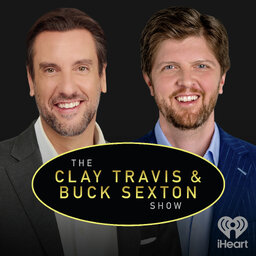In this episode, Sohrab Ahmari, the new US editor of UnHerd, shares his journey from Iran to becoming a prominent voice in journalism. He discusses the mission of UnHerd, emphasizing the importance of exploring diverse perspectives and fostering open dialogue. The conversation delves into Ahmari's experiences during the COVID-19 pandemic, his views on parenting in a changing cultural landscape, and his commitment to testing various viewpoints in media. The Karol Markowicz Show is part of the Clay Travis & Buck Sexton Podcast Network - new episodes debut every Wednesday & Friday.
 The Karol Markowicz Show
The Karol Markowicz Show



